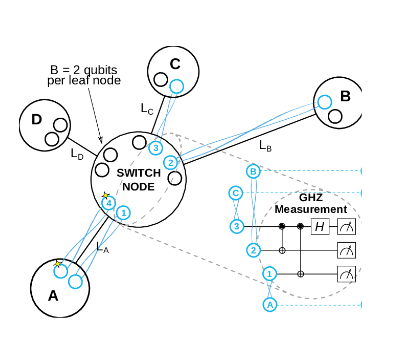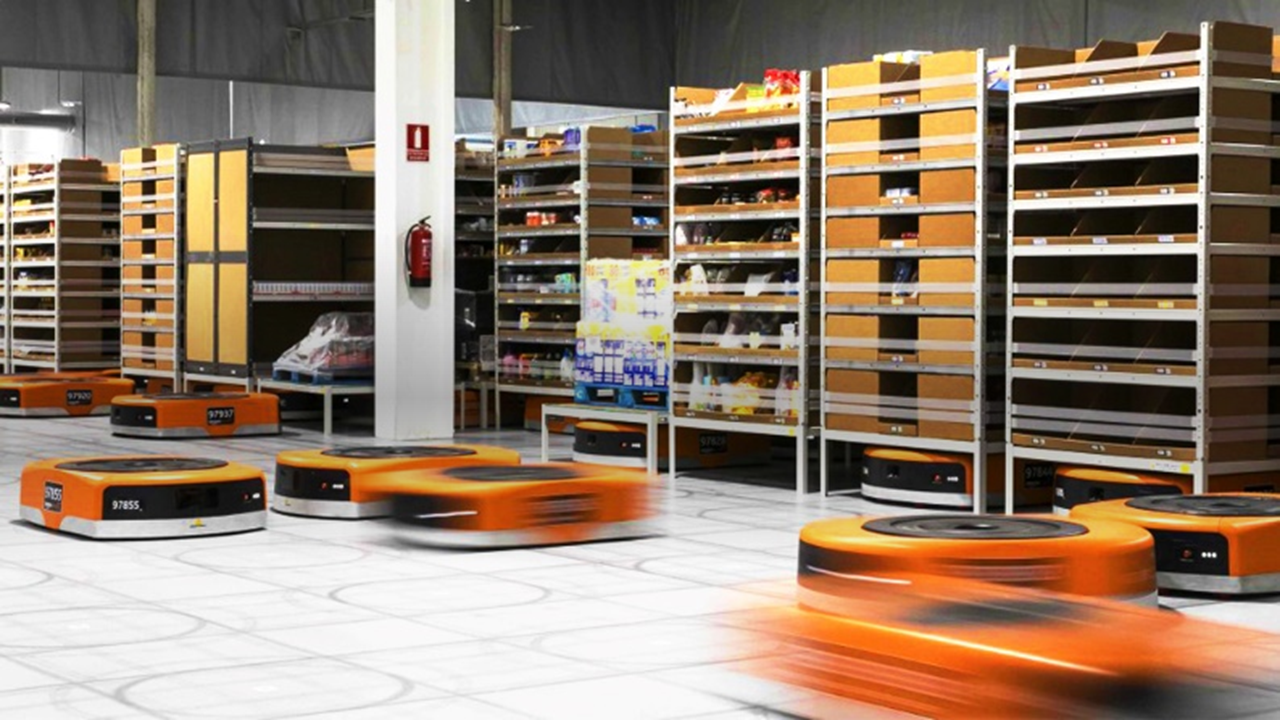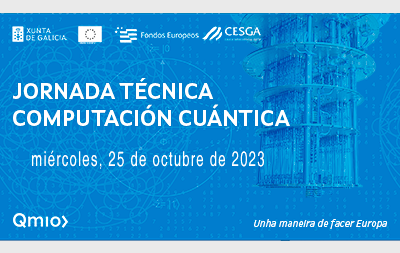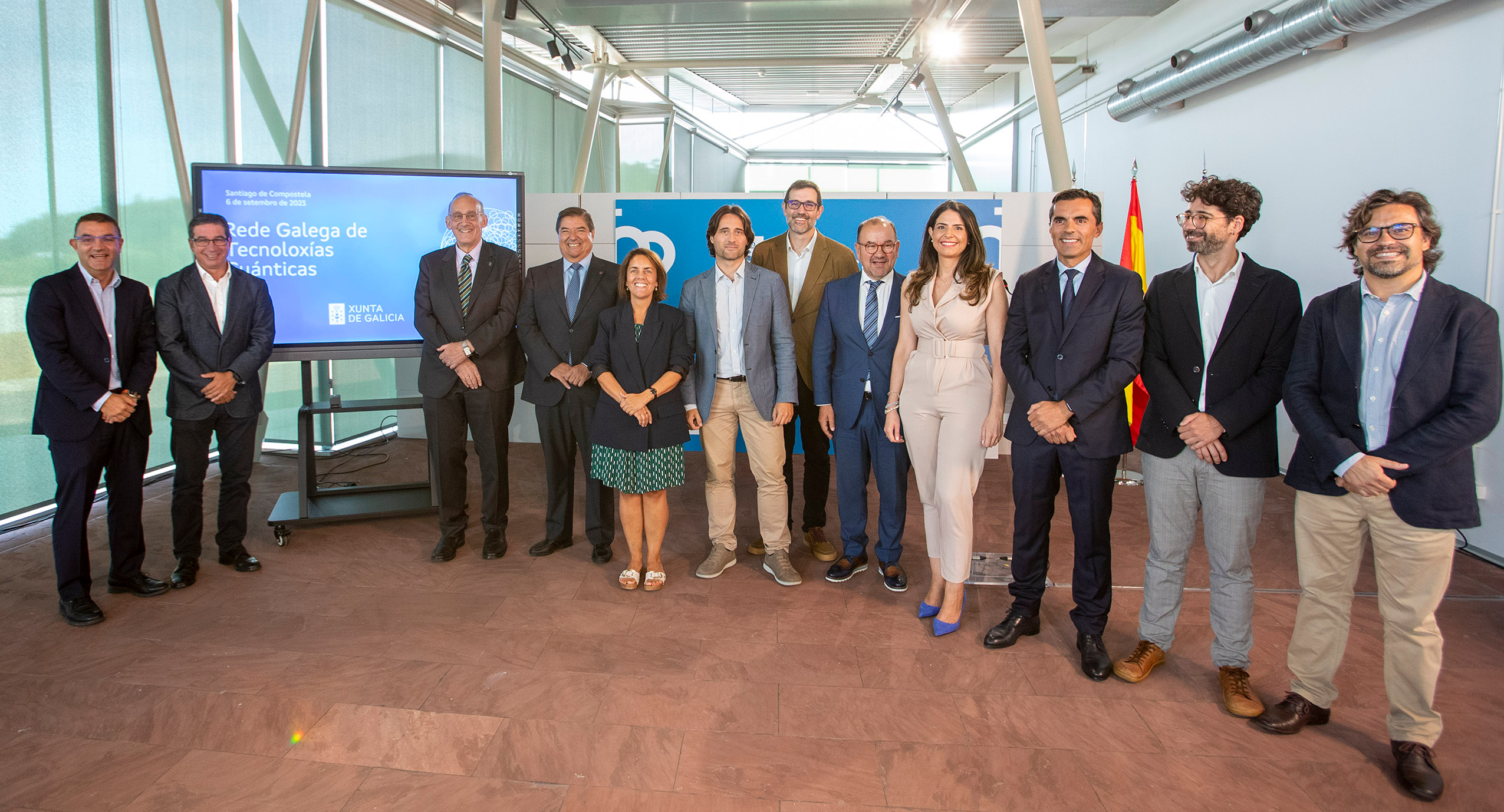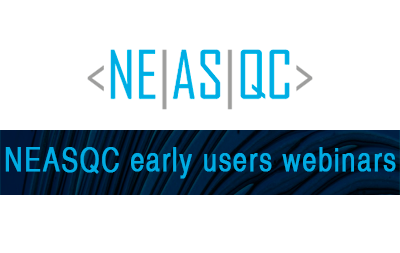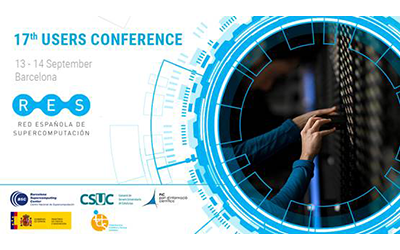A Hybrid and Highly Scalable Approach for the Next Generation of Quantum-Enabled Data Centers (CPDs) – II
Quantum computing represents a new paradigm in computing that is based on the properties of quantum mechanics, such as superposition and entanglement, to perform calculations in a much more efficient and faster manner. Despite the achievements made in recent years, there are still many challenges that need to be addressed, such as scalability issues in [...]


